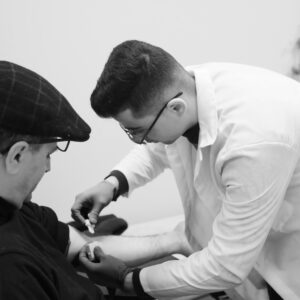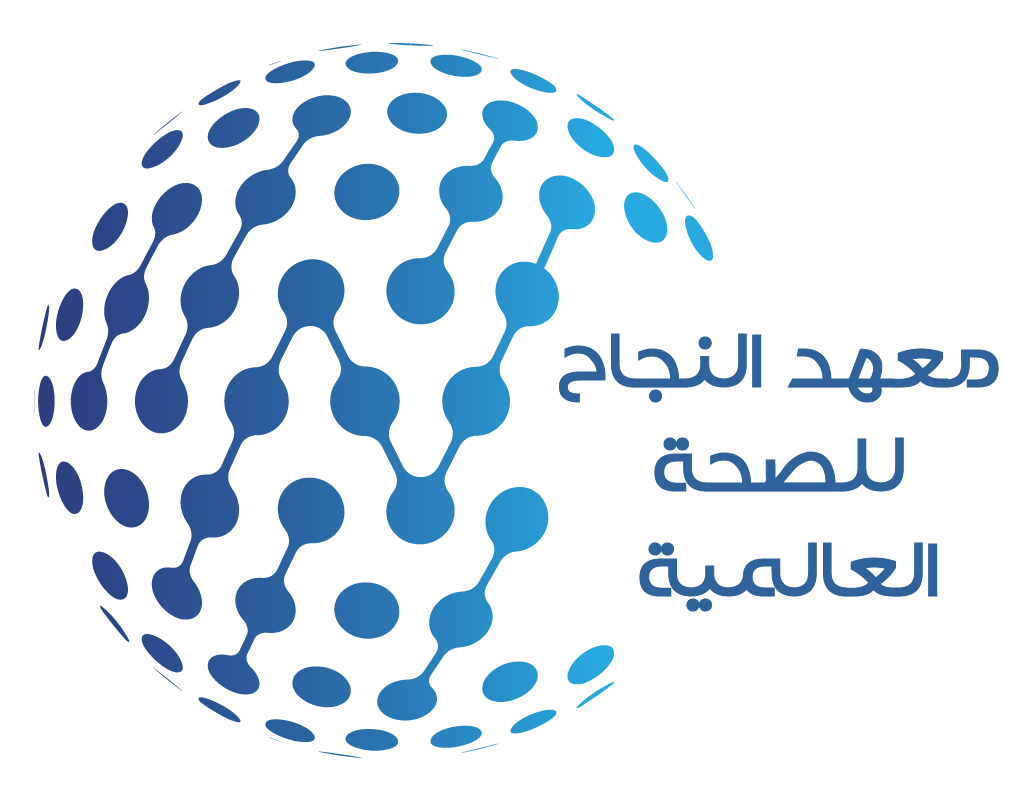Diabetes Screening

Location: An-Najah Clinics
Timeline: November –December, 2024
Target population: high-risk diabetic patients (diabetes type II)
Field: Non-communicable Diseases (NCDs)
Diabetes is one of the most pressing public health challenges in Palestine, affecting nearly 9.1% of adults aged 20-79. Diabetes impacts quality of life, particularly as it progresses and leads to complications such as cardiovascular disease, kidney failure, neuropathy, and vision impairment. Progression into these complications has been found to be accelerated by several factors, including unhealthy lifestyles, limited access to medical care, and poor blood sugar management.
The ongoing war has severely undermined the Palestinian healthcare system, limiting its ability to deliver health services and reduced patient access with diabetic patients among the most vulnerable populations. Medical supply shortages, disrupted healthcare services, and financial hardships exacerbated existing difficulties in receiving essential medications and routine tests. Essential diagnostic tests, such as lipid level assessments, are now more difficult to access for patients, often forcing them to pay out-of-pocket costs that many cannot afford.
In response to this urgent crisis, An-Najah Global Health Institute and An-Najah Clinics have launched a targeted intervention to support diabetes patients who lack private health insurance. From November to December 2024, the initiative provided free laboratory tests to 80-150 uninsured diabetic patients at high risk of developing complications. These tests are crucial in monitoring diabetes progression and preventing life-threatening conditions. Importantly, the initiative prioritized financially disadvantaged patients, ensuring they receive the key health monitoring without economic burdens, exacerbated by the recent war. The free diagnostic tests included HbA1c to measure blood sugar control; fasting blood glucose to assess current glucose levels; creatinine and blood urea nitrogen (BUN) to evaluate kidney function and detect early signs of kidney disease
Objectives:
1- To Provide free follow-up laboratory tests for uninsured type 2 diabetes patients who cannot afford essential diagnostics.
2️- To assess health indicators to help improve diabetes management and prevent complications.
3️- To contribute to improving long-term access to free medical consultations and lab services for at-risk individuals.
4- Detecting potential health issues early by offering timely screenings and preventive care.
5- To raise awareness about diabetic complications among patients with diabetes
Through such an intervention, An-Najah Global Health Institute works to improve health outcomes and provide essential medical services to those who need them most, aligning with the global health principle of health equity and improving the state of non-communicable diseases in conflict-affected areas.
